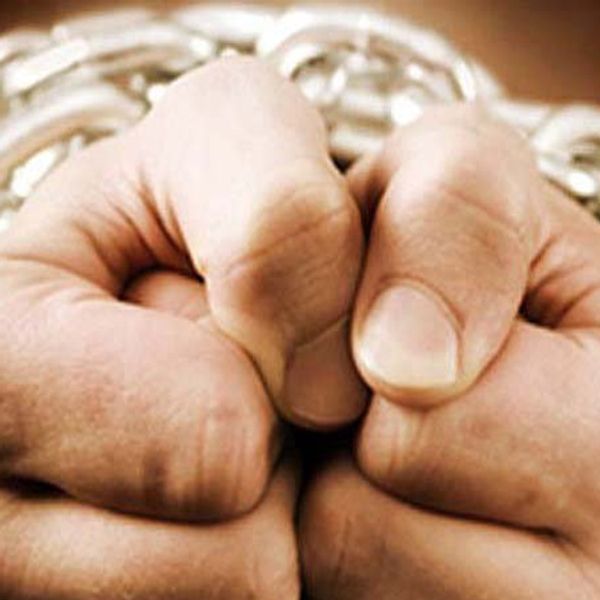A four year old boy dressed in pajamas sits alert in the backseat of a car as his grandmother and her friend lie unconscious in the front seat after a drug overdose. This is the description of an image that recently went viral. Earlier this month, police officers in East Liverpool, Ohio took this photo and posted it to their Facebook. Their intent was to raise awareness and draw attention to the horrors of drug addiction. Similarly, a video of a two year old girl crying and attempting to wake up her unconscious mother on the floor of a store in Massachusetts recently went viral.
Both scenarios are heartbreaking, to say the least, and both have caused a significant amount of controversy and debate. One prevalent argument is that both scenarios violated privacy rights. Those partial to this belief think the parents and children in the photos and videos deserved to be able to keep this part of their lives private. To make matters worse, the original Facebook post from Ohio police did not have the little boy's face blurred out. Those angry with the video of the girl in Massachusetts believe the person recording the video should have instead stopped to help the child.
It is entirely understandable that these images spark negative emotions, and they should. These arguments do have some legitimacy. As Americans, we all deserve a right to privacy, but that does not mean these images should not have been made public. By suggesting these scenarios should have been kept private, we are giving power to the stigma against addiction as an illness. We are telling these children that they should be ashamed to come from the home of addicts.
Removing something from the public eye does not make it any less of a reality for these children. Even if someone isn't there to record it, there will still be helpless little girls crying as they try to wake their parent from a drug-induced sleep. There will still be little boys neglected and abandoned in the backseats of cars.
Yes, it is disturbing there were so many bystanders in these scenarios who chose to stand back and stare rather than help. We must, however, consider that we are just as guilty as the officers who took those photos and the person who took that video. American society is failing these children and failing their parents. We either refuse to acknowledge addiction as an illness and sweep it under the rug, or we glorify drug use and disregard the negative consequences.
After the death of her ex-husband, Mary Forsberg Weiland published an open letter in Rolling Stone. In this letter, she talked about the lifelong addiction struggles of her former husband and its effect on her children. Scott Weiland, lead singer of Stone Temple Pilots and Velvet Revolver, died in December of 2015 due to a drug overdose. Instead of putting him up on a pedestal and calling him the "voice of our generation" as others did, she begged the public to not glorify this tragedy.
"December 3rd, 2015 is not the day Scott Weiland died. It is the official day the public will use to mourn him, and it was the last day he could be propped up in front of a microphone for the financial benefit or enjoyment of others. The outpouring of condolences to our children, Noah and Lucy, has been overwhelming, appreciated, and even comforting. But the truth is, like so many other kids, they lost their father years ago. What they truly lost on December 3rd was hope."
These scenarios are disturbing, shocking, and heartbreaking, but they are a reality to millions of children in the United States. We can choose to stop watching the videos or looking at the photos, but these children cannot escape the effects addiction has on their day to day lives. The fact that something makes us uncomfortable does not make it any less real. Instead of pointing fingers at the parents struggling with addiction or the people drawing attention to these horrors, we should turn and point the fingers at ourselves. We, too, are abandoning these children by ignoring the reality of their lives. If viral photos and videos are what we need to draw attention to this, then I hope we can't look away.





















